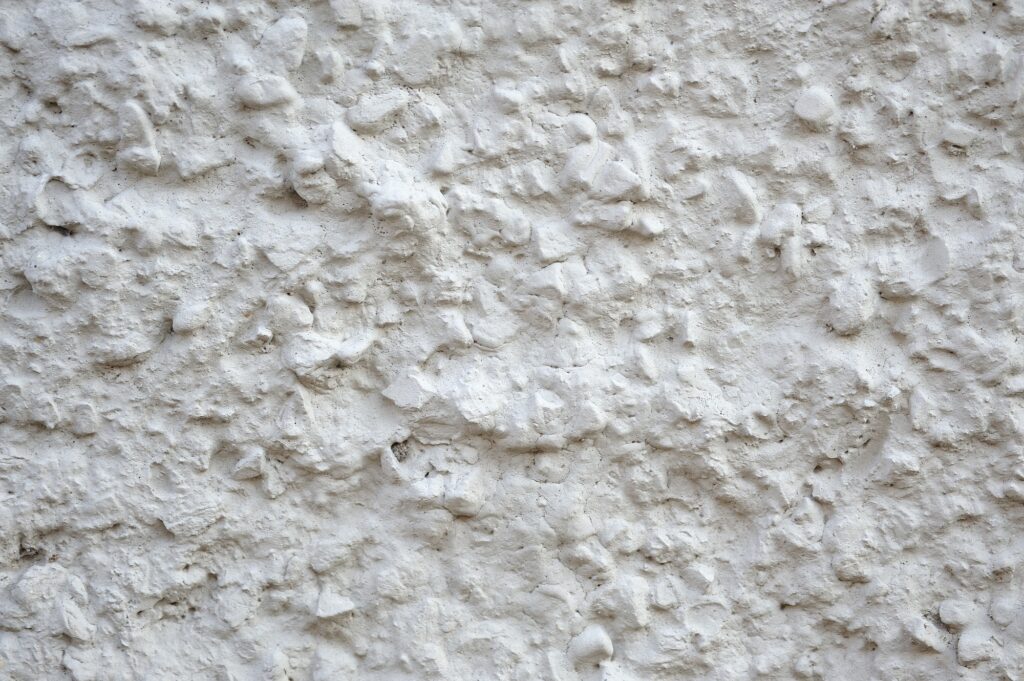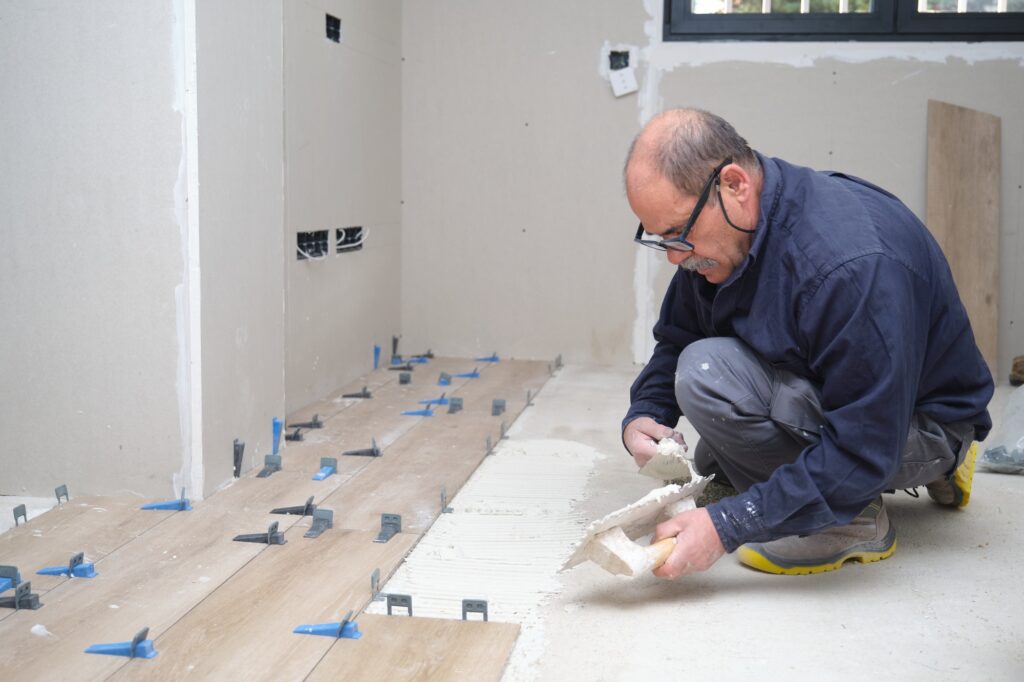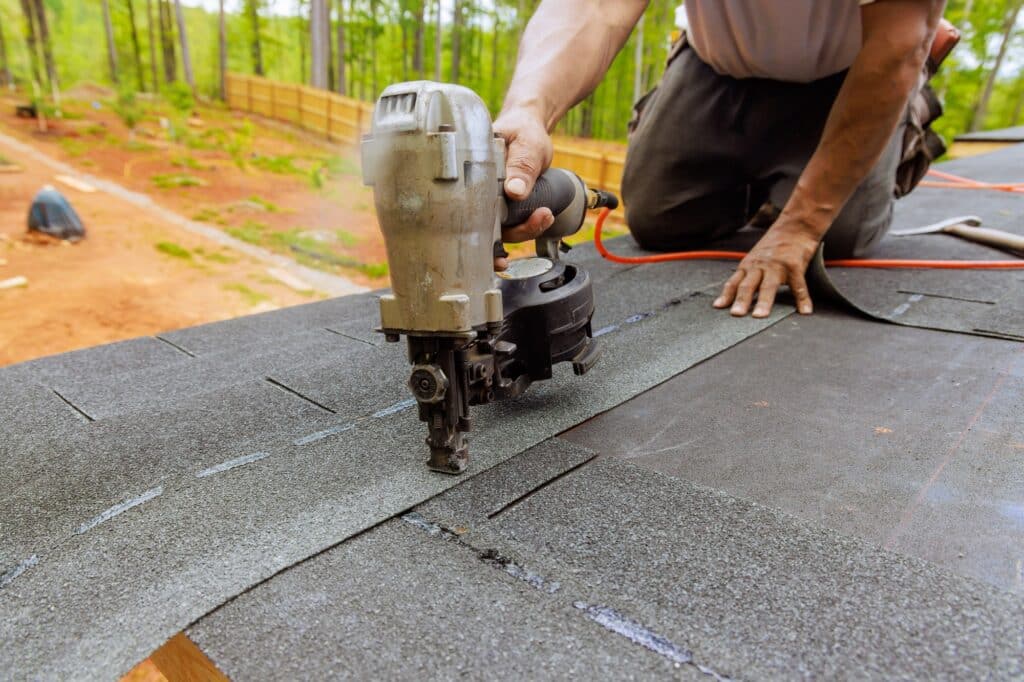
Worried About Asbestos in Your Home? You’re Not Alone.
Asbestos is a common concern for many Detroit-area homeowners, especially those living in older properties. If you’ve ever wondered whether your home might contain asbestos—and what to do about it—you’re in the right place.
Asbestos was widely used in construction materials for decades due to its durability and heat resistance. However, when disturbed, materials containing asbestos can release microscopic fibers into the air, posing significant health risks such as lung cancer, mesothelioma, and asbestosis.
In this blog, we’ll cover everything you need to know about asbestos testing as a homeowner in Metro Detroit. You’ll learn:
- What asbestos is and why it’s a concern.
- The materials in your home most likely to contain asbestos.
- How and when to test for asbestos safely.
- Why testing is a critical step before renovating, buying, or selling a home.
By the end, you’ll have the knowledge and confidence to take the right steps to protect your family and your property.



What is Asbestos, and Why Should You Care?
What is Asbestos?
Asbestos is a naturally occurring mineral that was once considered a “miracle material” for construction. It was widely used in homes built before the 1980s because of its durability, fire resistance, and insulating properties. You’ll often find it in materials like popcorn ceilings, floor tiles, insulation, and siding.
However, we now know that asbestos poses serious risks when its tiny fibers become airborne. These fibers are invisible to the naked eye and can be inhaled, leading to long-term health issues.
Why is Asbestos Dangerous?
Exposure to asbestos fibers can cause severe health problems, including:
- Mesothelioma: A rare but aggressive cancer that forms in the lining of the lungs, abdomen, or heart.
- Lung Cancer: Prolonged exposure can lead to tumors and other respiratory issues.
- Asbestosis: A chronic lung disease caused by scarring from asbestos fibers.
These conditions often develop over decades, which is why identifying and addressing asbestos risks early is critical for homeowners.
Why is This Important for Detroit Homeowners?
In Metro Detroit, many homes were built during the height of asbestos use, particularly in neighborhoods like Detroit proper, Royal Oak, and Dearborn. These homes often contain aging materials, such as insulation, roofing, or flooring, that may now be damaged or deteriorating.
If you live in an older home, are planning renovations, or are considering buying or selling, asbestos testing is essential. Knowing whether asbestos is present helps you make informed decisions, protect your family’s health, and preserve your property’s value.
Peace of Mind Through Testing
Testing your home for asbestos is a simple first step to ensuring it’s safe. Whether you’re renovating, purchasing, or just want peace of mind, professional asbestos testing can provide the clarity you need to move forward confidently.
Common Asbestos-Containing Materials in Detroit Homes
If your home was built before 1980, there’s a chance that asbestos-containing materials (ACMs) were used in its construction. These materials were prized for their durability and fire resistance but can pose health risks if damaged or disturbed. Here’s a list of common materials where asbestos might be found in Detroit homes:
1. Popcorn Ceilings and Ceiling Tiles
These textured ceilings were popular for their acoustic dampening and decorative look, but they often contain asbestos, especially in older homes.
2. Vinyl Flooring and Adhesives (9×9 Tiles, Glue Pods)
Older vinyl floor tiles, particularly the 9×9 size, and the adhesives used to install them, frequently contain asbestos.
3. Pipe Wrap and Insulation
Asbestos was commonly used to insulate pipes and wrap them to prevent heat loss. These materials can become friable over time, increasing the risk of exposure.
4. Vermiculite Insulation
Often found in attics and walls, some vermiculite insulation contains asbestos, particularly if it originated from the Libby, Montana mines.
5. Cement Siding and Roofing Materials
Asbestos was added to cement products for strength and fire resistance, making it a common ingredient in older siding and roofing materials.
6. Window Caulk and Glazing
Asbestos was used in some caulks and glazing to enhance durability and weather resistance. If windows or seals are crumbling, testing is recommended.
Why Knowing These Materials Matters
Understanding where asbestos may be in your home is the first step toward keeping your family safe. If you suspect any of these materials contain asbestos, avoid disturbing them and consider professional testing.
When Should You Test for Asbestos?
Scenarios That Require Testing
Testing for asbestos is an important step for homeowners, especially if your property was built before 1980. Consider testing in these common scenarios:
- Before Renovations or Demolition: Renovation projects can disturb materials like insulation, flooring, or ceilings, potentially releasing harmful asbestos fibers into the air. Testing ensures you know what you’re working with before starting any project.
- When Buying or Selling a Home: Buyers and sellers often need clarity about the presence of asbestos to avoid surprises during inspections or negotiations. A professional test can provide the confidence needed to move forward.
- If Materials Are Damaged or Deteriorating: Over time, older materials like pipe insulation, siding, or flooring may begin to crumble, increasing the risk of fiber release. Testing helps assess the safety of your home.
Why This Matters in Metro Detroit
Metro Detroit is home to a large number of older properties built during the height of asbestos use. Neighborhoods like Detroit proper, Royal Oak, and Dearborn feature homes that may contain aging asbestos-containing materials (ACMs). Testing in these homes is especially important to:
- Protect your family’s health by identifying and addressing potential risks.
- Preserve the value of your property, whether you’re planning renovations or selling.
- Avoid unnecessary exposure during maintenance or upgrades.
How to Test for Asbestos in Your Home
If you suspect that your home may contain asbestos, testing is the first step to ensuring safety. Depending on your comfort level and the situation, you can either collect the sample yourself or hire a professional. Here’s a detailed guide to help you navigate the process.
DIY vs. Professional Testing
When to Collect a Sample Yourself:
Homeowners can often collect samples themselves if the material is not highly friable (easily crumbled) and they feel confident following safety precautions. Examples include intact vinyl tiles, cement siding, or undamaged popcorn ceilings.When to Hire a Professional:
If the material is highly friable or you’re unsure how to handle it, it’s best to hire a certified professional. This is especially true for insulation, pipe wraps, or any deteriorating materials that might release fibers during handling.
Step-by-Step Guide for DIY Asbestos Sample Collection
Follow these steps to safely collect an asbestos sample for testing:
Wear Protective Gear:
Put on an N95 mask, gloves, and protective clothing to minimize your exposure to any fibers.Wet the Material Thoroughly:
Use water and a spraybottle to mist the area. Wetting the material reduces its friability, preventing fibers from becoming airborne.Collect a Small Sample:
Carefully remove a piece of the material (about 2×2 inches). Take only what is necessary, and avoid disturbing the surrounding material.Double Bag the Sample:
Place the sample in a zip-top bag and seal it tightly. Then, place this bag inside another zip-top bag and seal it.Wipe the Area Clean:
Use a damp cloth to clean the area where you removed the sample. This helps remove any residual fibers that may have been disturbed.Fill Out the Chain of Custody Form:
(available here) Provide all required information about the sample, such as the material type, location, and date of collection.Deliver the Sample to a Lab:
Contact us! Email [email protected], or call us at 734-955-6600.
We can give you pricing, and then you can mail or drive the sample to ETL for analysis. Our lab offers fast, reliable testing with results available in as little as 2 hours for urgent cases or within 24-48 hours for standard testing.
ETL’s Role: Trusted Asbestos Testing for Detroit Homeowners
At ETL, we specialize in asbestos testing for Metro Detroit homeowners, providing fast and accurate results to give you peace of mind. Whether you choose to collect the sample yourself or work with a professional, we’re here to help.
Contact ETL Today
Have questions or need more guidance? Call us at [Insert Phone Number] or visit our website to learn more about asbestos testing and sample submission.
Ready to Take the Next Step?
Fill out the form below and our expert sales staff will be in touch shortly to discuss your needs and how we can help!


